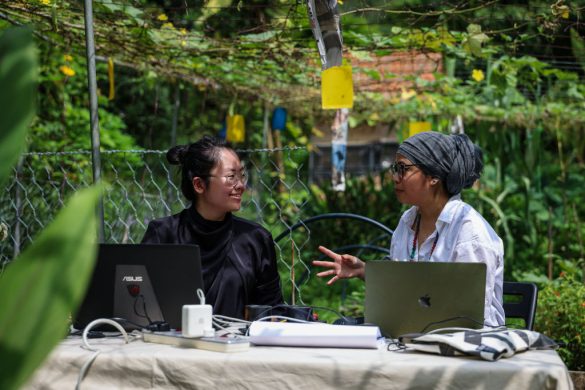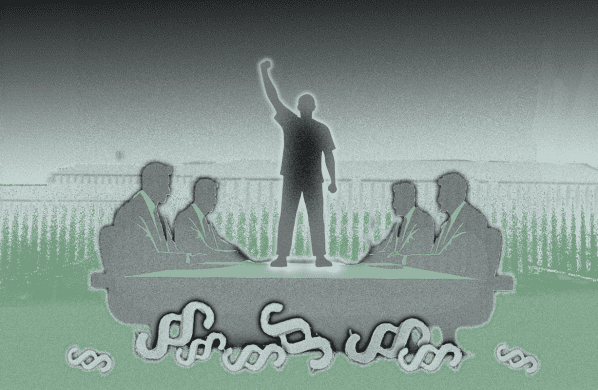The International Monetary Fund (IMF) has given Zimbabwe a six-month reprieve from its threat to expel the cash-strapped African country, sparing President Robert Mugabe – for now, at least – from diplomatic humiliation, reports the World Bank press review Monday.
The deferral of the proposed expulsion was announced Friday night following a meeting of the IMFs executive board, which represents the funds 184 member countries. The board gave Zimbabwe credit for making partial payment on its overdue debts and for taking “initial” steps to comply with the fund’s economic prescriptions. The board will consider the matter again “within six months,” the IMF said.
The decision by the IMF does not mean that it will provide Zimbabwe with the loans of hard currency it desperately needs to revive its economy. The fund has not lent to Zimbabwe since 1999, and it suspended the countrys voting rights in 2003. But the decision, the IMF said, “provides Zimbabwe with a further opportunity to strengthen its cooperation with the IMF in terms of economic policies and payments.”
To avert expulsion, Mugabe had to pay a stiff price, scraping together 120 million US dollar in foreign currency to reduce his countrys arrears. He also had to allow fuel prices to rise and relax the state monopoly on certain imports. The Zimbabwe economy is in a state of virtual collapse, with food, fuel and other vital commodities in increasingly short supply and inflation well above 200 percent.
The IMF board said the country needed widespread fiscal, monetary and exchange rate reforms to reverse its economic woes. “There is a significant risk that unless strong macroeconomic policies are undertaken without delay, economic and social conditions could deteriorate further,” it said.
The IMF-board also urged the government to give priority to providing adequate social safety nets and food security for vulnerable groups, including those affected by the HIV/AIDS epidemic and “Operation Restore Order,” Zimbabwes widely condemned slum demolition campaign.
Mugabe said he launched the campaign to destroy shantytowns, reduce crime and “drive out trash.” Critics contend the clampdown, which destroyed the homes and businesses of an estimated 700.000 people, was aimed at political opponents.
A day after the IMFs decision, Mugabe criticized the Fund as doing little to help developing countries. Mugabe, in Cuba for talks with its leader Fidel Castro, said IMF policy was dictated by the major world powers. – We have never been friends with the IMF and in the future we will never be friends of the IMF, Mugabe said.
Meanwhile, Zimbabwes finance minister, Herbert Murerwa, speaking in Harare, welcomed the IMFs decision, claiming that Zimbabwes economy had improved and would continue to do so. He said he was confident the country would pay the outstanding 175 million US dollar in IMF arrears by the time Zimbabwes membership was reconsidered in March next year.
Gideon Gono, Zimbabwes central bank chief, further said the country needed radical economic reforms after securing the six-month reprieve. Gono said the threat of expulsion was a wake-up call to solve the economic crisis.
– The close range in the voting is indicative of how serious and close the country had gone towards being expelled and how critical it is for Zimbabwe to urgently implement radical policy measures that will stabilize and grow the economy, Gono said.
The IMF says the central banks substantial producer and credit subsidies, high government expenditure, a dual exchange rate and administrative controls have helped undermine a once vibrant southern African economy.
Kilde: www.worldbank.org















